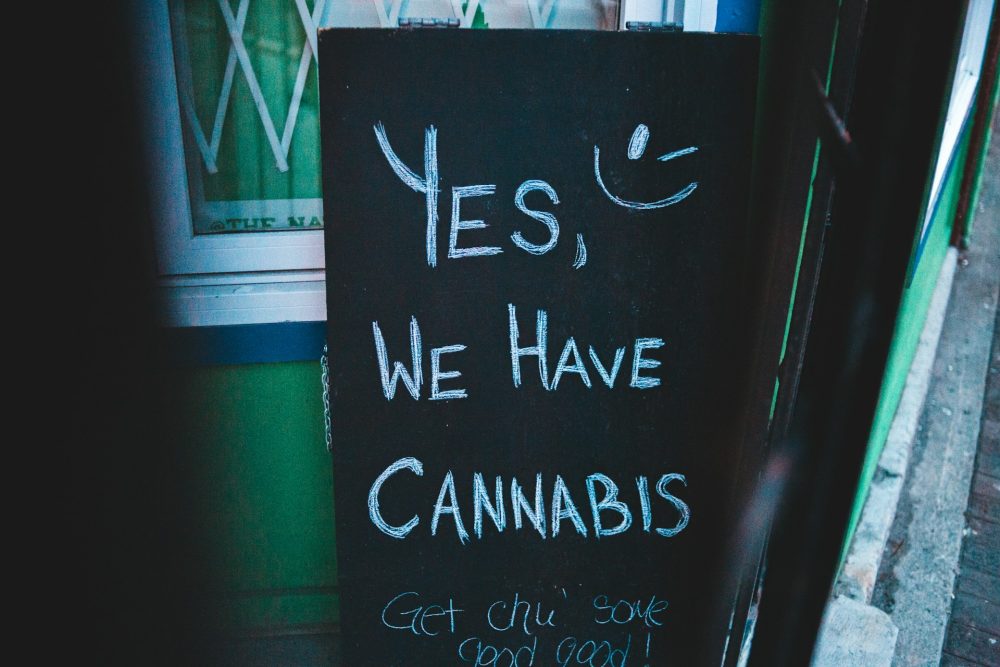Cannabis
Red Tape and High Costs Stall Cannabis Clubs in Hesse
Hesse’s slow cannabis club licensing—averaging nine months—frustrates applicants and burdens clubs financially. Many fail due to bureaucracy, high costs, and unclear rules. Despite legalization, access remains limited, forcing consumers to grow their own or turn to black markets. Without faster approvals and clearer guidance, most cannabis clubs struggle to launch or survive in Hesse.

Hesse reviews licenses for cannabis social clubs more slowly than other federal states. This can be quite expensive for some clubs. Many clubs fail due to bureaucracy and eventually give up.
The Bundestag’s decision to legalize cannabis in February of last year raised expectations – particularly regarding easier access to the drug. More than a year and a change of government later, consumers are generally left with three options: grow their own, buy online from suspect pharmacies, or continue to purchase on the black market. The search for a licensed cannabis club in the area usually leads nowhere.
Despite legalization, slow licensing, bureaucratic hurdles, and high startup costs are causing many cannabis clubs in Hesse to fail before they begin
“In Hesse, eleven of the 38 cultivation associations applied for have been approved,” says Matthias Schaider, head of the press office of the Darmstadt Regional Council. With this number, Hesse ranks mid-table nationwide in terms of approved cannabis clubs, as reported by the German Press Agency (dpa). Three of the licensed associations belong to the “Mariana Cannabis” association and are located in Giessen, Kassel, and Marburg.
Like many others, they are still under development and do not currently provide any premises for distributing cannabis to members. A few associations, such as “Broccoli Buddies” in Fulda, are already at this stage and can distribute cannabis. There are countless reasons for the small number of licensed cultivation associations. To date, the success of these associations has depended on a completed license, the authorization to cultivate cannabis communally under the Consumer Cannabis Act. Only this enables the legal distribution of the harvest to members.
“This makes the clubs an alternative for people who don’t have the opportunity or the know-how to grow at home,” explains Keno Mennenga, press spokesperson for the “Mariana Cannabis” association. The association has 180 locations in Germany, including Frankfurt. The Frankfurt branch is already eligible for a license and has therefore met all the requirements. However, licensing is still pending.
This licensing is a matter for the individual states
Frankfurt-based attorney Johannes Nelkenstock explains: “Other states work closer to the law. Hesse examines beyond the prescribed list of examinations.” This makes Hesse slow compared to other states – on average, it takes nine months to obtain a license, half a year longer than stipulated by the Consumer Cannabis Act. The cannabis social club “Grow Social Darmstadt” received its license on June 17, 2025, after a waiting period of almost nine months, according to chairman Sebastian Weissgerber. A success that he says he is the only club in Darmstadt to celebrate.
Before an association receives the desired license, legal requirements must be met. What Weissgerber calls a “considerable bureaucratic effort,” Keno Mennenga describes as “different priorities among authorities,” which leads to differing interpretations. According to Mennenga, the associated hurdles are the main reason why many associations give up halfway through.
“When you first start planning, there are a few surprises,” explains Sebastian Weissgerber. The law demands “quite a lot,” and there is no planning security given the delays at authorities and institutes.
According to Weissgerber, the list of required documents includes: certificates of good conduct and information from the Central Commercial Register for all board members, detailed information on the cultivation area and planned cultivation volume, comprehensive security and protection plans, a participation plan for members’ communal cultivation, and a destruction plan for excess cannabis.
This is a major obstacle, especially for local clubs without much prior experience. “What breaks the back of many clubs is the property for cultivation, which is tied to the permit,” says Weissgerber. Before a license can be applied for, several months pass during which the rent must continue to be paid. “The club founders have to raise 100,000 to 150,000 euros to be able to set up a cannabis club.”
__
(Featured image by Erik Mclean via Unsplash)
DISCLAIMER: This article was written by a third party contributor and does not reflect the opinion of Born2Invest, its management, staff or its associates. Please review our disclaimer for more information.
This article may include forward-looking statements. These forward-looking statements generally are identified by the words “believe,” “project,” “estimate,” “become,” “plan,” “will,” and similar expressions. These forward-looking statements involve known and unknown risks as well as uncertainties, including those discussed in the following cautionary statements and elsewhere in this article and on this site. Although the Company may believe that its expectations are based on reasonable assumptions, the actual results that the Company may achieve may differ materially from any forward-looking statements, which reflect the opinions of the management of the Company only as of the date hereof. Additionally, please make sure to read these important disclosures.
First published in Frankfurter Rundschau.A third-party contributor translated and adapted the article from the original. In case of discrepancy, the original will prevail.
Although we made reasonable efforts to provide accurate translations, some parts may be incorrect. Born2Invest assumes no responsibility for errors, omissions or ambiguities in the translations provided on this website. Any person or entity relying on translated content does so at their own risk. Born2Invest is not responsible for losses caused by such reliance on the accuracy or reliability of translated information. If you wish to report an error or inaccuracy in the translation, we encourage you to contact us.

-

 Impact Investing3 days ago
Impact Investing3 days agoThe Sustainability Revolution: Driving a Net-Zero, Nature-Positive Economy
-

 Biotech2 weeks ago
Biotech2 weeks agoNew Molecular Clues Explain Aggressive Neuroblastoma and Point to Targeted Treatments
-

 Business18 hours ago
Business18 hours agoTopRanked.io Weekly Affiliate Digest: What’s Hot in Affiliate Marketing [EKSA Affiliate Program Review]
-

 Fintech1 week ago
Fintech1 week agoSwissHacks 2026 to Launch Inaugural Swiss FinTech Week in Zurich
























